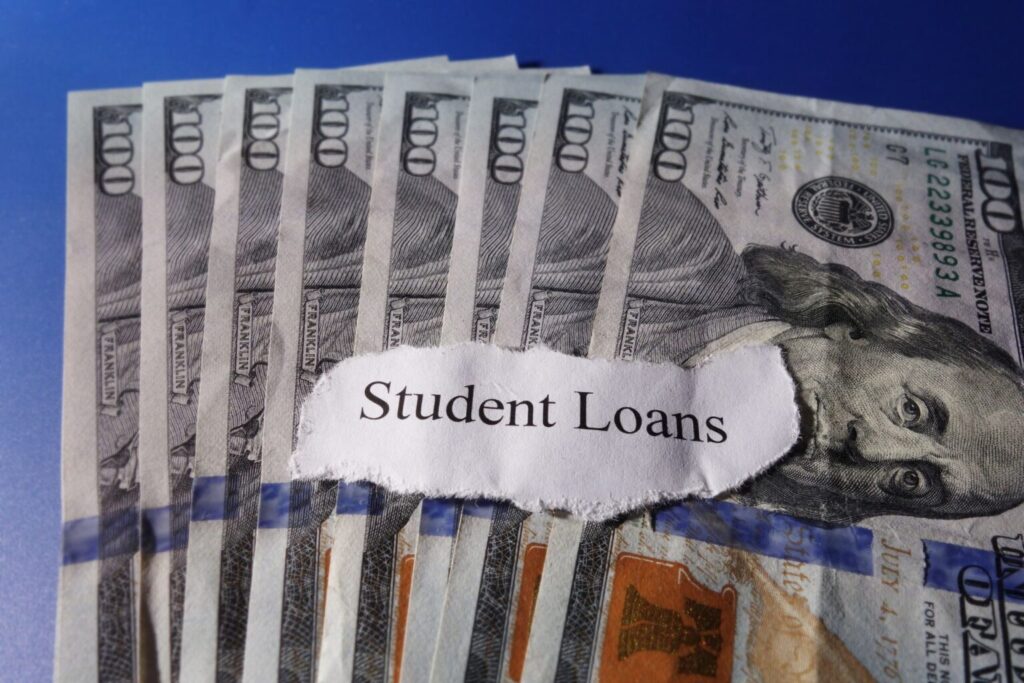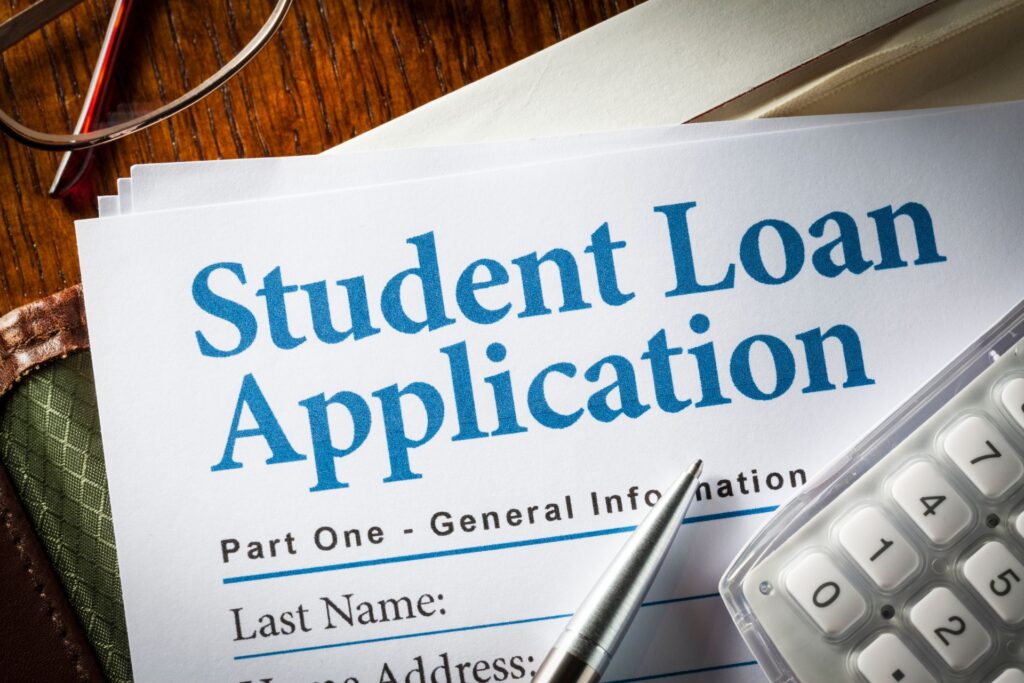While preparing for graduate school is an important step, paying for it can be stressful, particularly if your credit history isn’t the best. If you’re worried that your credit will keep you from getting a Graduate PLUS Loan, you’re not alone. Similar challenges are faced by many kids.
Thankfully, having bad credit does not imply you have no other options. The purpose of federal aid programs is to assist students from a range of economic backgrounds. This tutorial will explain how to be eligible for a Graduate PLUS Loan in 2025, even if you have a difficult credit background.
What You Need to Know About Graduate PLUS Loan Credit Checks
Graduate PLUS Loans are federal loans for graduate or professional school students. Unlike other federal loans, they require a credit check. But don’t worry—the standards may not be as tough as you think.
What Is Considered “Adverse Credit” in 2025?
Instead of focusing on your credit score, lenders look for specific warning signs in your financial past. You may be flagged if:
- You have unpaid debts over $2,085 that are more than 90 days past due.
- You’ve experienced events like bankruptcy, foreclosure, or wage garnishment in the past five years.
- You’ve defaulted on previous federal student loans.
Minor credit issues or a low score alone don’t mean automatic rejection. What matters most are serious, recent financial issues. It’s wise to get a copy of your credit report before applying to catch any errors or outdated items.

Denied a Graduate PLUS Loan? Here’s What You Can Do
If your application is turned down, don’t panic. There are still ways to become eligible.
Option 1: Use an Endorser
A person with good credit who consents to support your loan is called an endorser. If you can’t repay it, they’ll be responsible. This option requires both a credit check for the endorser and online counseling for you.
Option 2: Appeal the Denial
If your financial troubles were due to temporary or unavoidable circumstances—like medical bills or job loss—you can explain your situation and request a reconsideration. You’ll need to provide documents to support your claim and complete loan counseling if approved.
Option 3: Fix Credit Report Mistakes
Errors on your credit report can lead to unfair denials. Dispute any inaccuracies with the credit bureaus. Once they’re corrected, you can apply for the loan again.
Step-by-Step: How to Apply for a Graduate PLUS Loan with Credit Issues
1. Submit the FAFSA
Filling out the Free Application for Federal Student Aid (FAFSA) is the first step. It serves as the basis for all federal student aid.
2. Max Out Direct Unsubsidized Loans
These loans are available to graduate students without a credit check. Use them first before turning to Graduate PLUS Loans.
3. Apply for the Grad PLUS Loan
Applying online is possible via the Federal Student Aid website. The procedure will include a credit check.
4. Review the Outcome
If approved, follow your school’s instructions to finalize the loan. If denied, check the reason and explore alternative paths like an endorser or appeal.
5. Take the Necessary Follow-Up Actions
- With an Endorser: Have your endorser complete their part of the application and undergo a credit review.
- Through Appeal: Submit the required documents to explain your situation.
- If Errors Exist: Dispute them, and reapply after corrections are made.
6. Complete Loan Counseling (If Required)
You will need to finish PLUS Credit Counseling online if your loan is approved with an endorser’s or appeal’s assistance.
7. Stay in Contact with Your School
Work closely with your financial aid office to ensure everything is submitted correctly and that your loan disburses on time.
Smart Tips for Students with Less-Than-Perfect Credit
- Start early so you have time to address potential problems or delays.
- Check your credit report annually to catch issues before they become obstacles.
- Explore private loans only after federal options—federal loans typically offer better borrower protections.
- Understand current loan costs: For 2024–2025, the Graduate PLUS Loan has a 9.08% interest rate and a 4.228% origination fee.
- Plan ahead for repayment by looking into programs like Income-Driven Repayment or Public Service Loan Forgiveness.
Conclusion
Bad credit doesn’t have to be the end of your academic journey. Whether you secure an endorser, file an appeal, or fix a reporting error, there are clear paths forward. Your future shouldn’t be defined by past financial failures. Graduate school is still accessible if one is determined and takes the appropriate actions.
FAQs
Can I still get a Grad PLUS Loan with bad credit?
Yes. As long as you don’t have recent “adverse credit” as defined by federal guidelines, your application can still be approved—even with a low score.
Who qualifies as an endorser?
Anyone with a strong credit record who is willing to be responsible for your loan if you can’t repay it. They must undergo a credit check and fill out an endorsement form.
How do I appeal a loan denial?
You’ll need to submit a written explanation and documents showing that your financial difficulties were temporary or beyond your control. If your appeal is approved, counseling is also required.


